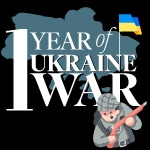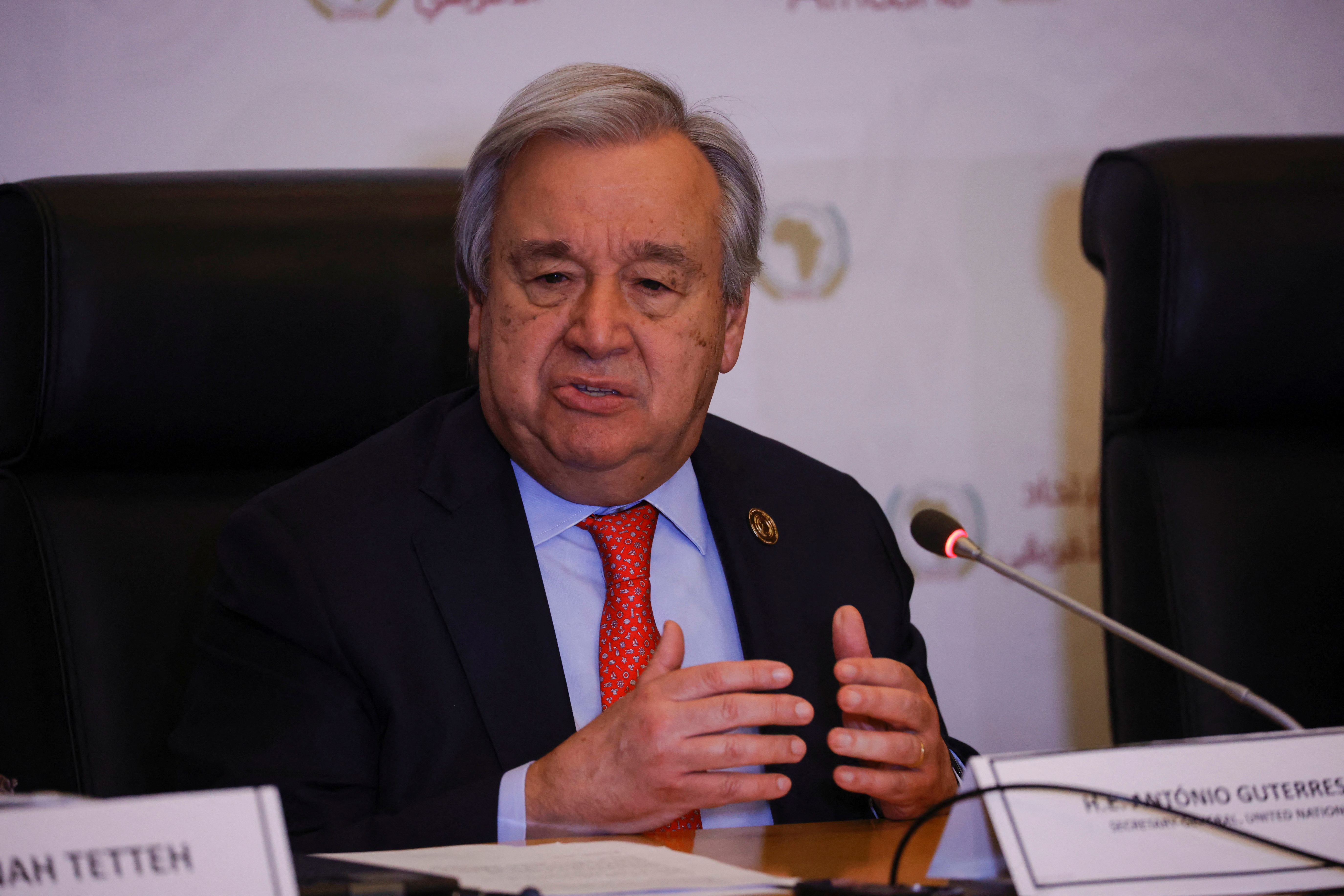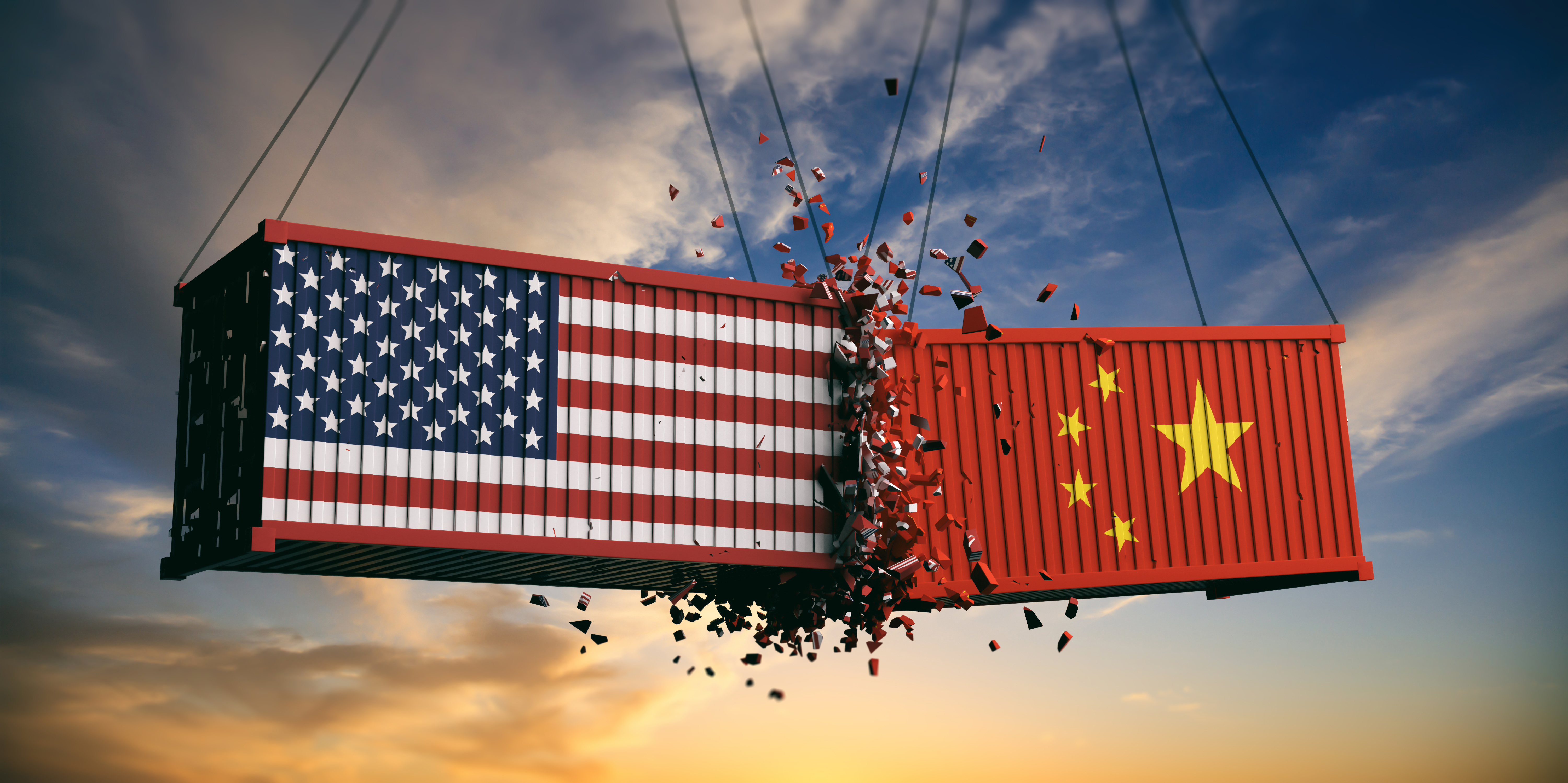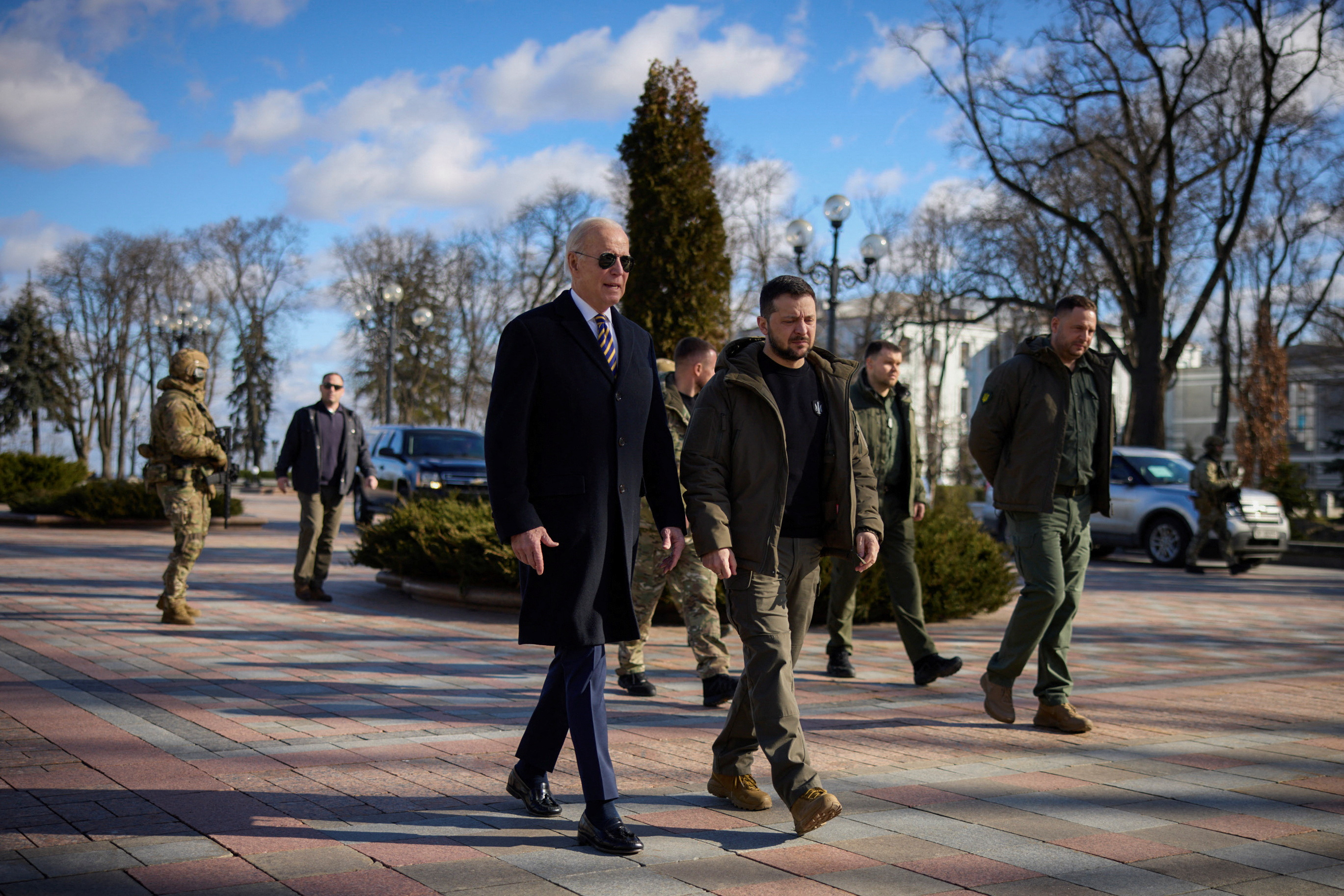These ripple effects have also made the leap into geopolitics. Outside Ukraine’s borders, Russia’s intrusion has upended parts of the global order, including the formation of new blocs not seen since the Cold War, according to an AFP report.
Heading towards a full-scale war: UN
The UN chief warned in February this year that the world was facing challenges “unlike any in our lifetimes” and expressed fears of a wider war as the first anniversary of Russia’s invasion of Ukraine marked. Secretary-General Antonio Guterres said experts surveying the state of the world set the doomsday clock at 90 seconds to midnight in 2023 – the closest to “total global catastrophe”.
He pointed to the war in Ukraine, “the runaway climate catastrophe, the growing nuclear threat,” the growing gap between the world’s haves and have-nots, and “epic geopolitical divide“Undermining Global Solidarity and Trust.”
Guterres said the change needed today must begin with peace, starting with Ukraine – where unfortunately, he said, the prospects for peace are “diminishing” and there is “the potential for further escalation and bloodshed”. Increasing.”
“I fear the world is not sleepwalking into a massive war. It is doing so with its eyes wide open,” he said.
new blocks connect
The war has exacerbated conflicts and confrontations, as well as the current global trend for countries to form blocs centered on Washington and Beijing, AFP said in reports,
“We have moved into a disordered multipolar world where everything is a weapon: energy, data, infrastructure, migration,” EU foreign policy chief Josep Borrell said in December.
“Geopolitics is the key word, everything is geopolitics.”
Central Asia, the Caucasus, the Balkans, Africa and the Asia-Pacific have been theaters of war for influence between powers such as China, the European Union, Russia and Turkey – whether through funding infrastructure projects or through trade, military or diplomatic Striking deals on collaborations.
The war over Ukraine has shaken things up further, loosening Russia’s grip on former Soviet republics in Central Asia and opening up a new role for Turkey as a mediator.
“This chaotic reorganization is real, but probably temporary,” said Pierre Razoux, head of the France-based FMES think-tank.
“Inevitably, the end of the war will leave Russia and Europe weakened and impoverished, while the two big winners from this situation will be the US and China,” he said.
china problem
The AFP report said China had to consider the war in light of its long-term strategic goal of becoming the world’s leading power by 2049. Although Beijing supports Moscow, it has avoided moves that could alienate the West.
Recently, the US and NATO have claimed that China is considering supplying arms to Russia. However, Beijing has completely rejected the claims.
a fine line
China has tried to walk a fine – and often contradictory – line on Russian aggression, according to a report associated Press They say.
China says Russia was incited by NATO’s eastward expansion. Just weeks before the February 24, 2022 invasion, Chinese President Xi Jinping hosted Russian President Vladimir Putin in Beijing for the opening of the Winter Olympics, at which time the two sides issued a joint statement proclaiming “no borders” friendship. Pledged his commitment to Since then China has ignored Western criticism and reaffirmed that pledge.
But China has yet to confirm the visit, with Putin saying he expects Xi this spring.
US Secretary of State Antony Blinken has said on NBC, “China is trying to have it both ways.” In these last months the provision of non-lethal aid that goes directly to aid and abet Russia’s war effort.
‘China is not distancing itself’
“China is not distancing itself, but strengthening its closer relationship,” Alice Ekman, an Asia analyst at the EU Institute for Security Studies, told AFP.
In its annual report published this month, Estonia’s intelligence services said it was “too early to see Xi Jinping’s restrained support for Putin’s war as a sign of turning away from Russia”.
The support may not be a perfect alignment, and China is not offering the same level of assistance that Washington is offering to Ukraine, but “we have to look at the facts: The economic ties have strengthened,” Ackman said.
In effect, war means that Moscow runs the risk of becoming a mere vassal or satellite of Beijing.
“Russia is in no position to negotiate with China, which will take whatever it wants from Russia without giving it to Russia,” such as weapons or critical electronic components, said Agathe Demarais, an economist and sanctions expert.
Yet “ideologies can lead to economic imbalances, and the relationship should not be analyzed only through a rational lens,” Ackman said.
“The Kremlin is betting on diversifying its geopolitical, economic and strategic ties with Turkey, the Middle East, Iran and Africa to limit its dependence on China”, Rajoux said.
Russia’s vast nuclear arsenal – far larger than China’s – also prevents it from being completely subjugated.
Does Europe Matter?
For the EU, the war represents an opportunity to show it can act as a major player, the AFP report said, adding that Washington is at risk of playing second fiddle again.
“Europe is not doing too badly, it has shown its resilience, its ability to react very quickly from the very beginning of the war, with military support, aid to refugees, reducing its energy dependence on Russia”, a senior European judgment Said- producer on the condition of anonymity.
The EU “has responded to urgent needs. Is it ready for the future and for its place on the global chessboard? There is work to be done,” the official said.
Demaraes said that “there are clearly two blocs, one American, one Chinese and its allies, and Russia. Will Europe become the third bloc or not, or will it align with the Americans?”
Now united with Washington to support Kiev, the European leader “wants to strengthen ties with the US but realizes he could find himself alone for one or two political terms” if a separatist candidate The White House claims, Razoux said.
With more Atlantic EU member states seeing no future outside the US and NATO security umbrella, the union is looking for more areas to reduce strategic dependence beyond Russian fossil fuels, which are now largely cut. Has gone.
A declaration at a summit in Versailles outside Paris last March listed sectors such as key raw materials, semiconductors and food products as priorities.
Bruno Tertrois of the France-based Foundation for Strategic Research (FRS) said the Europeans were suffering from “strategic procrastination”, refusing to act until there was no other option.
Still, whichever talks end the war, the EU will look to nudge its way to a seat.
As the saying goes, Turtrice said “if you’re not at the table, you’re on the menu”.
French President Emmanuel Macron told Le Monde newspaper in December: “I don’t want it to be just the Chinese or the Turks negotiating what happens next.”
US pivot to Asia
Then-President Barack Obama predicted in 2009 that “the relationship between the United States and China will shape the 21st century”, predicting a shift in Washington’s focus from the Atlantic world to the Pacific.
Yet Russia’s invasion of Ukraine suggests that it may not be so easy for Obama’s former Vice President Joe Biden to rest easy from Europe.
“Russia is blocking this US shift towards China. America should resolve this European question relatively quickly,” said French army chief Bertrand Toujous.
University of Washington researcher Giovanna Di Maio said Biden faces “a balancing act”, highlighting “growing calls from US politicians to settle the conflict as quickly as possible”, as well as Biden’s arms delivery But has been grumbling against the Republican Party. Ukraine.
The war nevertheless had many lessons to teach about a potential conflict with China around Taiwan, James Berman, the US commander in Japan, recently told the Financial Times.
“After the Russian invasion in 2014 and 2015, we conscientiously followed preparations for future conflict: training for the Ukrainians, pre-positioning of supplies, identification of sites from where we could conduct support,” Berman said.
“We call that setting theatre. And we’re setting up theaters in Japan, in the Philippines, other places.”
AFP, with inputs from The Associated Press
read all latest explainer Here



